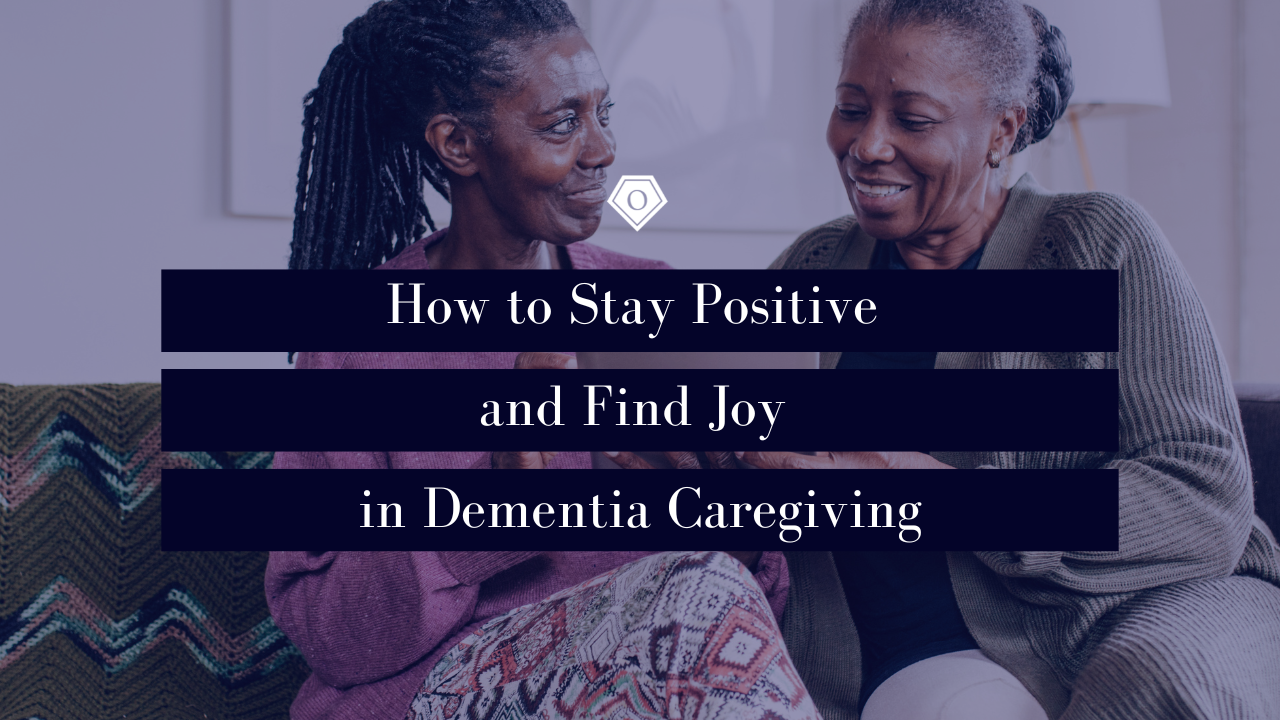Home Health Care Myths Debunked: Clearing Up Misconceptions
Home health care is a vital service for many families, especially in communities like Daytona Beach, where many elderly residents and individuals with chronic conditions require specialized care. However, despite its growing popularity, several myths and misconceptions about home health care persist. These misunderstandings can prevent people from taking full advantage of the services that can dramatically improve their quality of life. In this article, we'll debunk some of the most common myths about home health care and provide factual information to help you make informed decisions.










